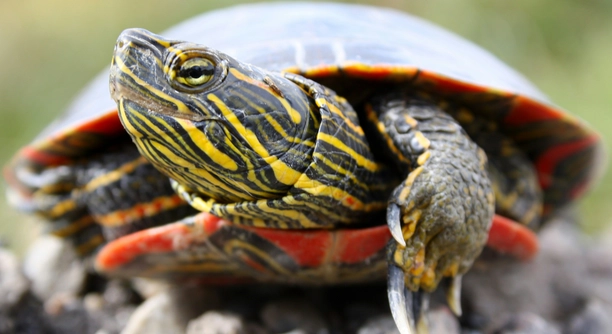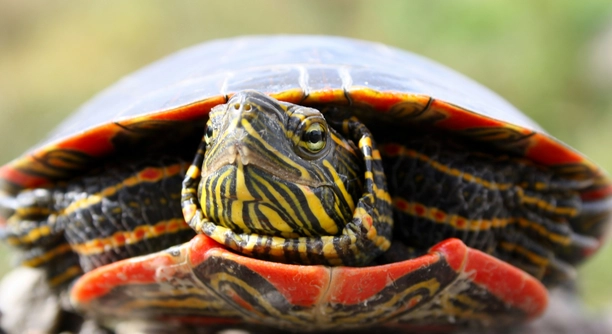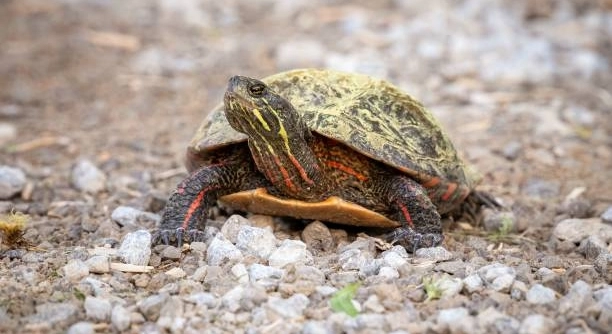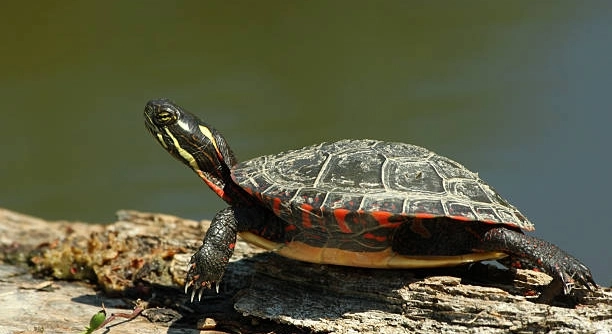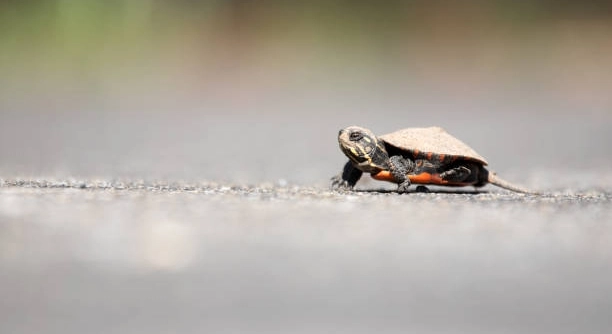Can Painted Turtles Eat Cucumber? (+Feeding Tips)
Many turtle owners wonder if they can add cucumber to their pet’s diet. If you’re one of those curious about this, you’re not alone. Understanding the best foods for your painted turtle can keep them healthy and happy. Painted turtles can eat cucumber in moderation. While cucumbers are safe for them, they should not make … Read more

